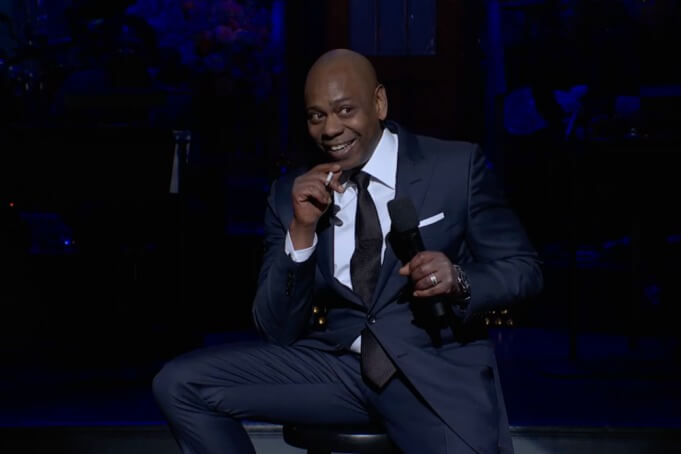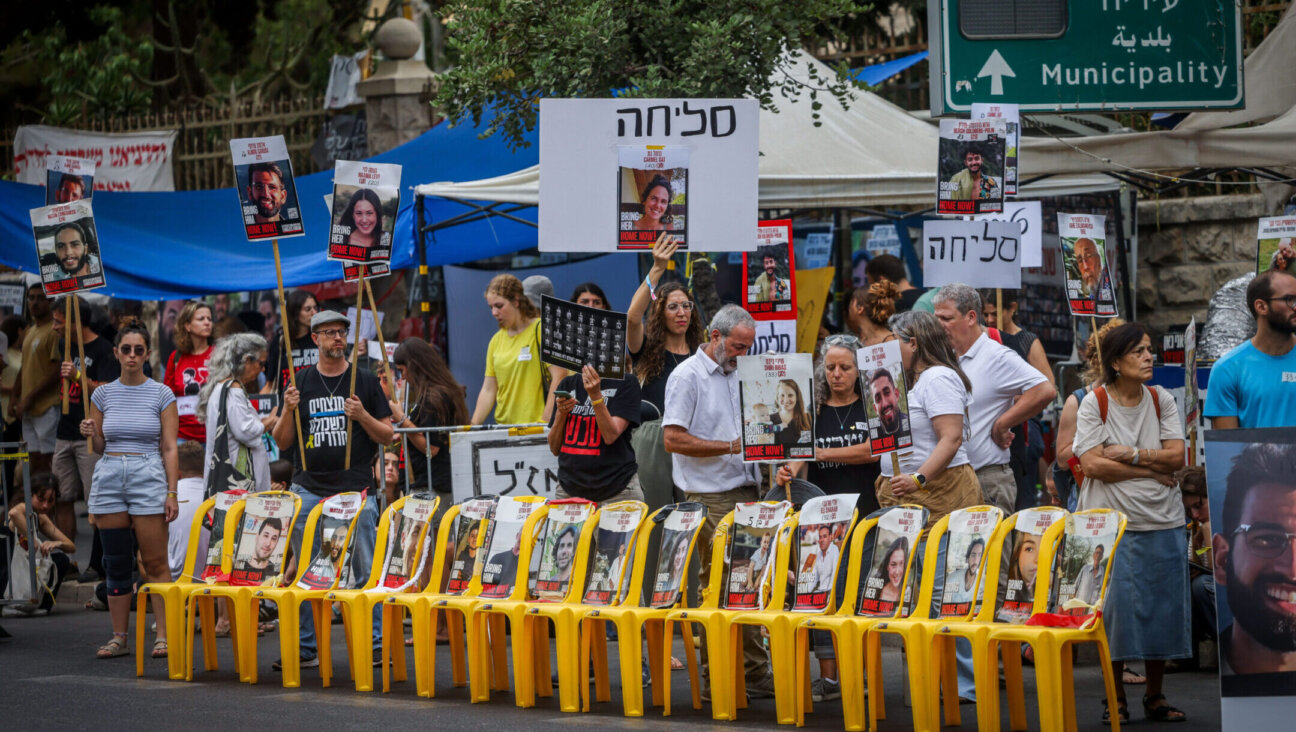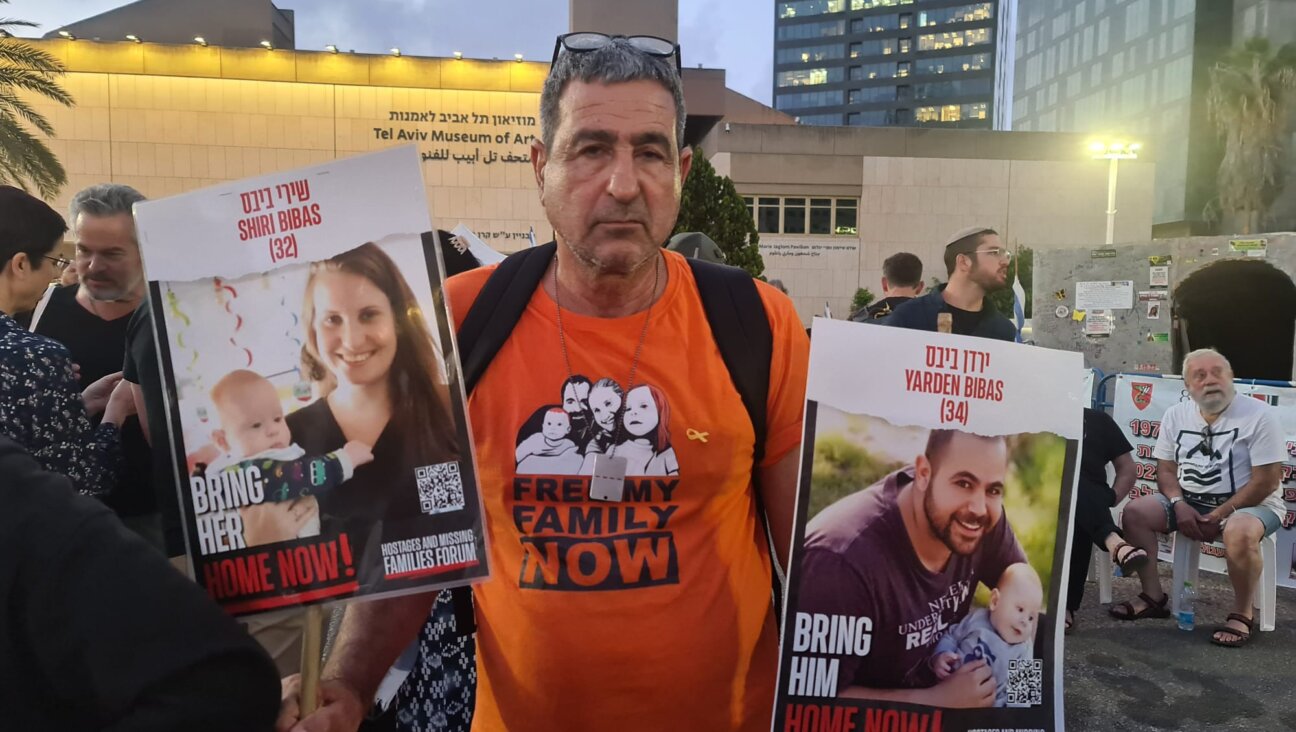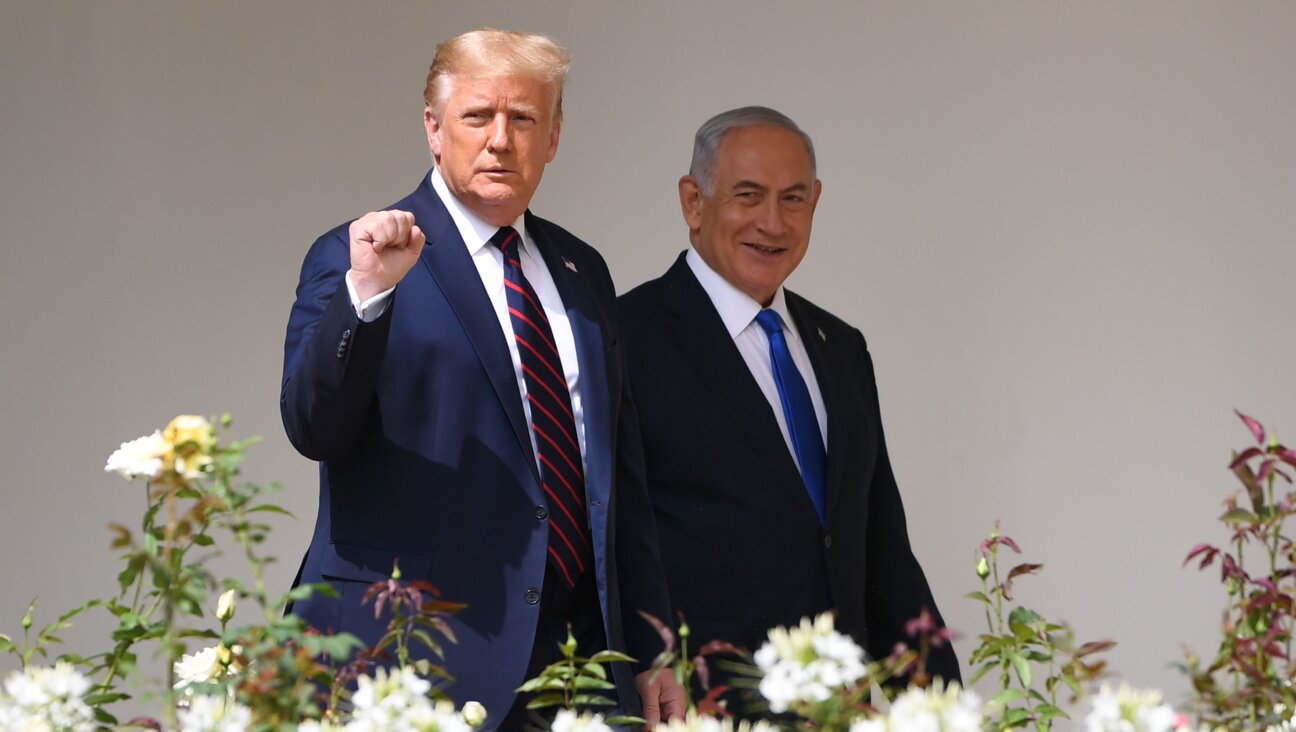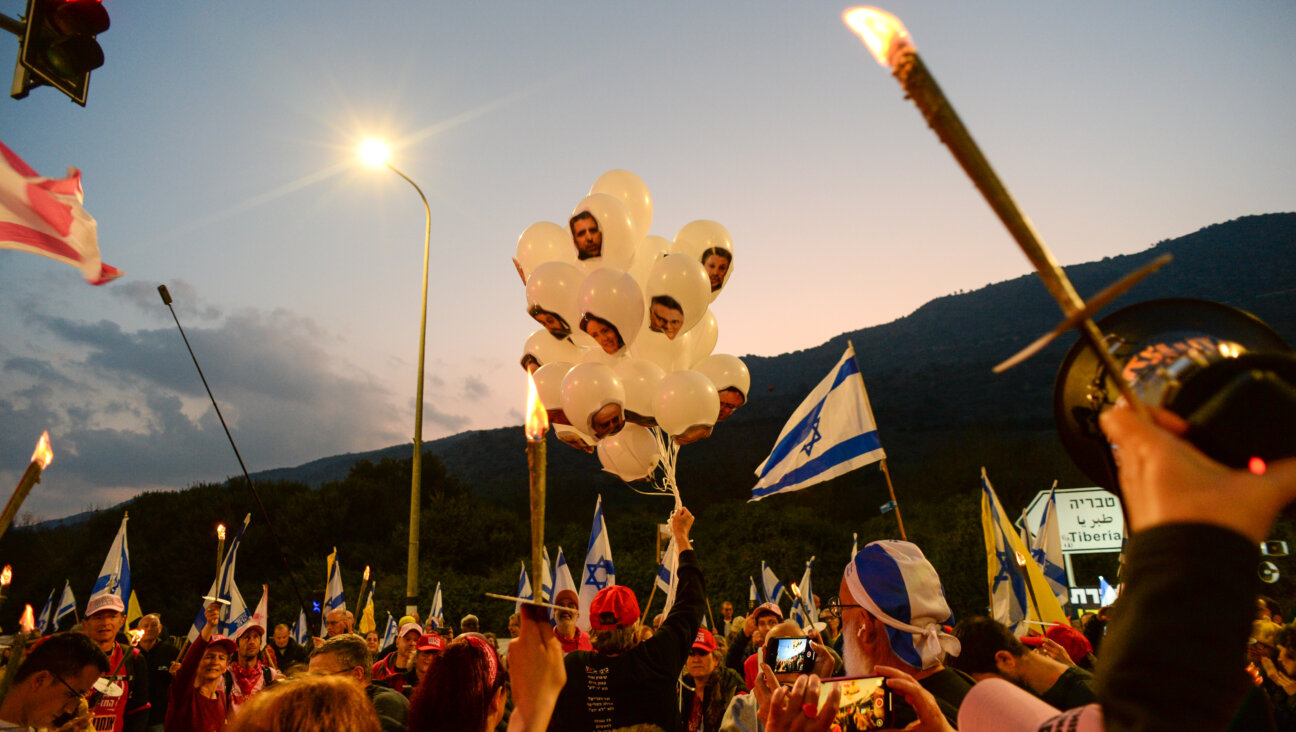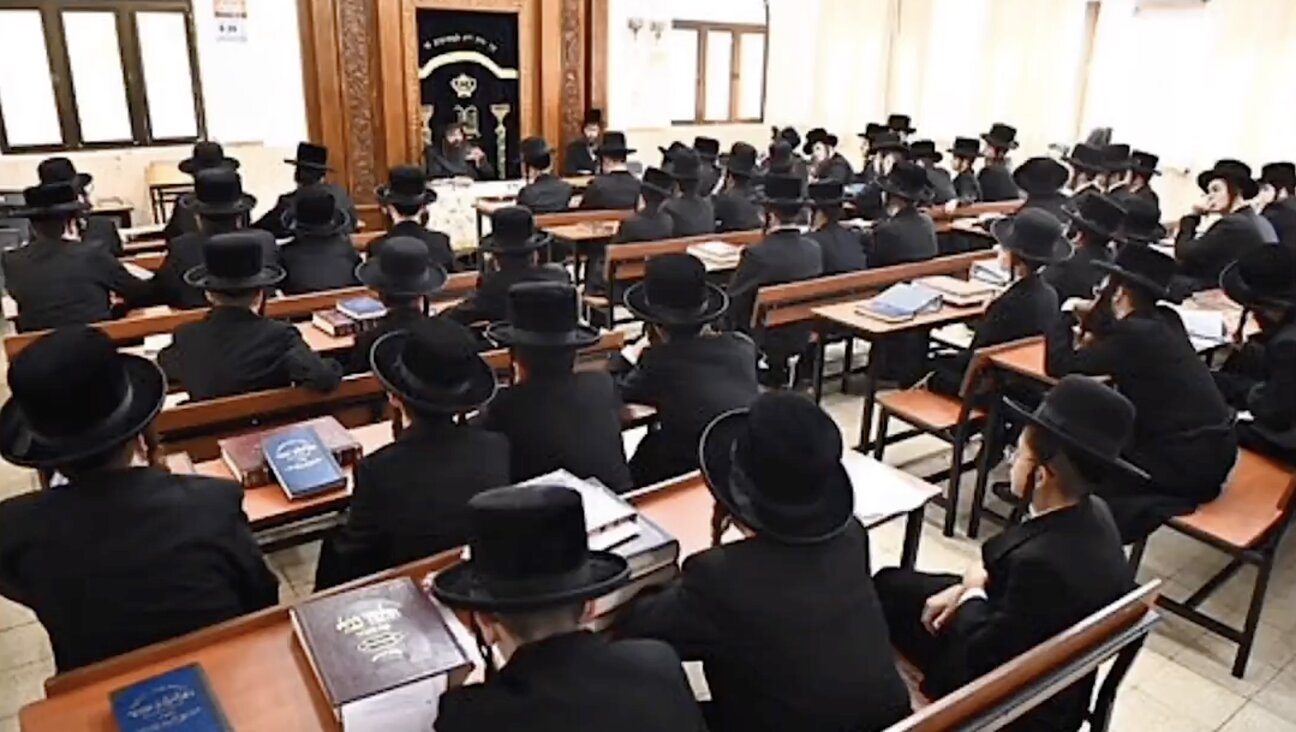Israel Approves Construction of 1,700 New Settlement Homes

Image by getty images
Israel issued tenders for construction of more than 1,700 new homes for Jewish settlers in the occupied West Bank on Sunday, moving ahead with projects opposed by the United States and others ahead of a visit by U.S. Secretary of State John Kerry.
The plots being advertised are in nine settlements in areas Israel says it intends to keep in any peace deal with the Palestinians. They are part of the 3,500 settler homes whose planned construction Israel announced on Wednesday when it released 26 Palestinian prisoners, a government official said.
“The tender bidding process should take between two to three months and contractors could begin to build after about a year,” a Housing Ministry spokesman said about the tenders for 1,729 dwellings published on a government website.
Kerry, who helped revive Israeli-Palestinian negotiations in July after a three-year break, is now in Cairo on a Middle East visit that will also bring him to Israel and the West Bank.
His meetings with Israeli and Palestinian leaders are likely to focus on the peace talks, which have shown little sign of progress, and Iran’s nuclear programme.
On Wednesday, Nabil Abu Rdeineh, a spokesman for Palestinian President Mahmoud Abbas, described the construction plans as “destructive for the peace process”.
Palestinians, who seek a state of their own in the West Bank, East Jerusalem and the Gaza Strip, fear settlements on land Israel captured in a 1967 war could deny them a viable and contiguous country.
Some 500,000 Jews and about 2.5 million Palestinians live in the West Bank and East Jerusalem, and most countries consider Israeli settlements illegal. Israel cites historical and Biblical links to the two areas.
Prime Minister Benjamin Netanyahu’s decision to move forward with the projects was widely seen as an attempt to placate hardliners in his government angered by the release of Palestinian inmates convicted of killing Israelis.
Freedom for the men, regarded by Palestinians as heroes in their fight for statehood, was part of U.S.-brokered understandings that led to the revival of the peace talks.
A message from our Publisher & CEO Rachel Fishman Feddersen

I hope you appreciated this article. Before you go, I’d like to ask you to please support the Forward’s award-winning, nonprofit journalism so that we can be prepared for whatever news 2025 brings.
At a time when other newsrooms are closing or cutting back, the Forward has removed its paywall and invested additional resources to report on the ground from Israel and around the U.S. on the impact of the war, rising antisemitism and polarized discourse.
Readers like you make it all possible. Support our work by becoming a Forward Member and connect with our journalism and your community.
— Rachel Fishman Feddersen, Publisher and CEO







